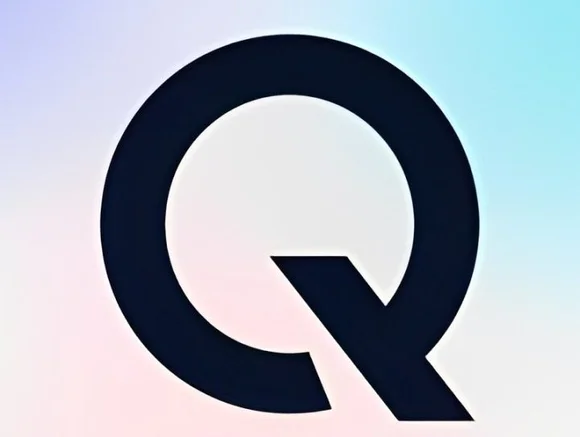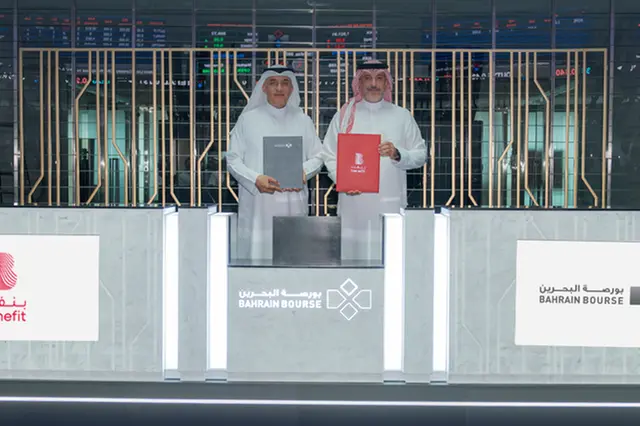Mastercard has entered into a partnership with Qover, the insurtech firm based in Brussels, initiating a new service in Belgium and Luxembourg that automates return shipping costs for credit cardholders.
This feature is a timely innovation, responding to the surge in e-commerce activities within the region; notably, Belgian e-commerce penetration hit 90% early in 2024, with the fashion sector recording the highest number of returns. Mastercard’s service steps in to cover the cost of return shipping when online retailers do not offer this for free.
Qover, leveraging its AI-driven platform, automatically processes these return claims. The cover allows for refunds up to €30 per return, and cardholders are allowed up to three such claims annually, capped at a total of €90.
Through Mastercard’s advanced digital infrastructure, cardholders can effortlessly file claims in real-time. “Embedded protection is becoming a strategic tool for businesses to enhance customer value and build loyalty,” remarks Quentin Colmant, CEO and Co-founder of Qover. “We’re honoured by Mastercard’s trust and are excited to bring this innovative solution to their cardholders.”
This integration not only simplifies processes but also ensures quick updates during the claim’s journey, enhancing the customer experience.
Henri Dewaerheijd, Country Manager for Mastercard in Belgium and Luxembourg, underscores the significance of this collaboration: “We’re excited to unveil this new solution in collaboration with the rising star of European insurtech, Qover.
“This unique protection reinforces the value of Mastercard credit cards for online purchases and enhances the online shopping experience for our Belgian and Luxembourg cardholders.”
Embedded insurance, seamlessly integrating insurance services within non-financial platforms, has seen rapid acceptance and growth. Founded in 2016, Qover has been at the forefront of this industry. Initially focusing on mobility insurance for gig economy platforms, they quickly nabbed partnerships with major players like Deliveroo and Uber by 2018.
With the onset of 2020, Qover’s horizon expanded into retail and fintech, offering white-label insurance products through various banking apps and ecommerce sites.
This expansion was buoyed by successful funding rounds, including a €20m Series A in 2020 and a significant €41m Series B in 2021, led by Prime Ventures and supported by Cathay Innovation and Anthemis.
The funds have propelled Qover to not only broaden their geographic footprint but also refine their API-centric infrastructure, which now supports real-time policy issuance and automated claims handling via machine learning. Their systems process insurance claims across 32 European countries through partnerships with insurers like Wakam and Nationale-Nederlanden.
Today, Qover’s innovative insurance solutions, ranging from travel and device coverage to mobility and purchase protection, serve over 2.5 million users across various platforms including notable names like Revolut and Monese. Additionally, their teams in Brussels, Paris, and London, which now include 160 professionals, continue to drive product development, engineering, and operations.
Recent expansions reflect the broader adoption trends in the embedded insurance sector, which InsTech London predicts could reach up to a stupendous €700bn by 2030. Qover, cementing its role as a pivotal infrastructure provider, is well-positioned to play a crucial role in this explosive growth.





